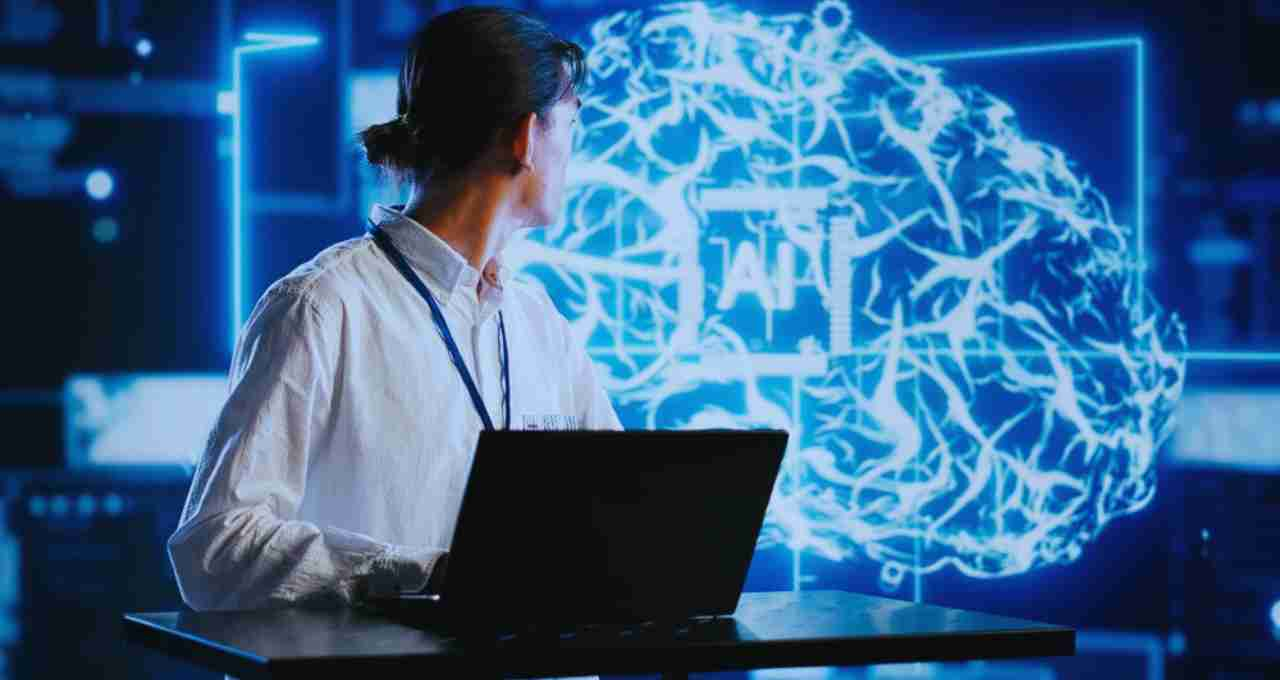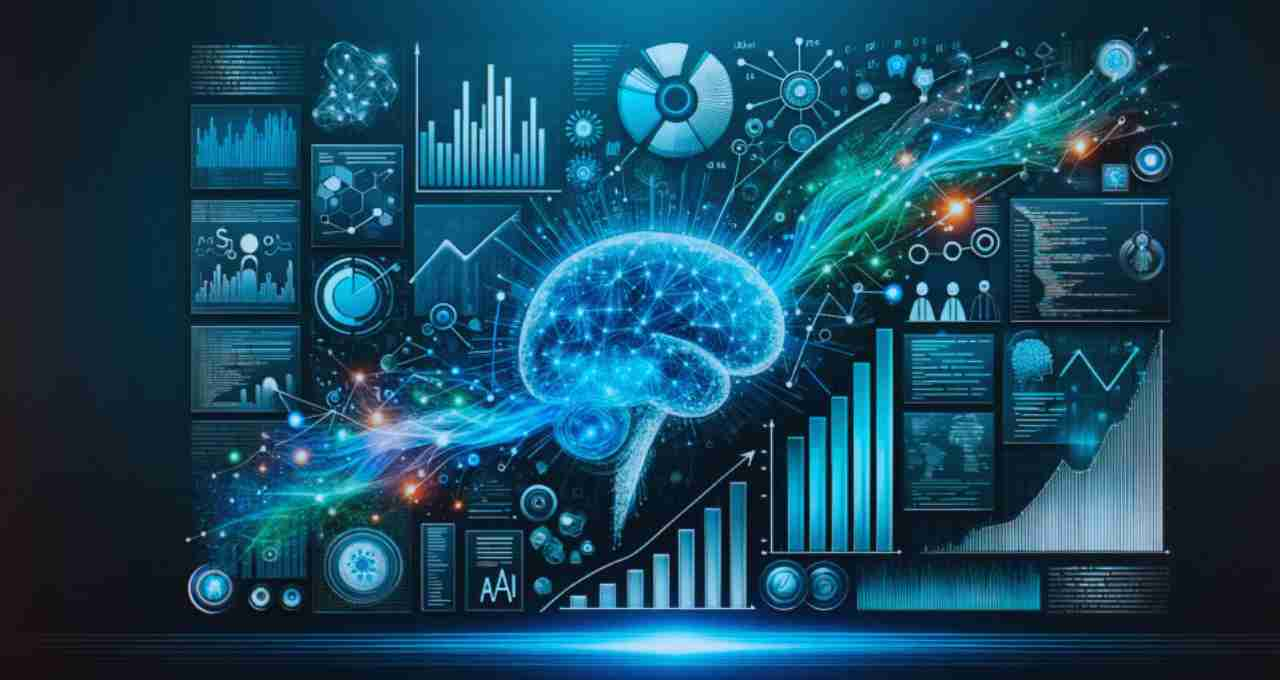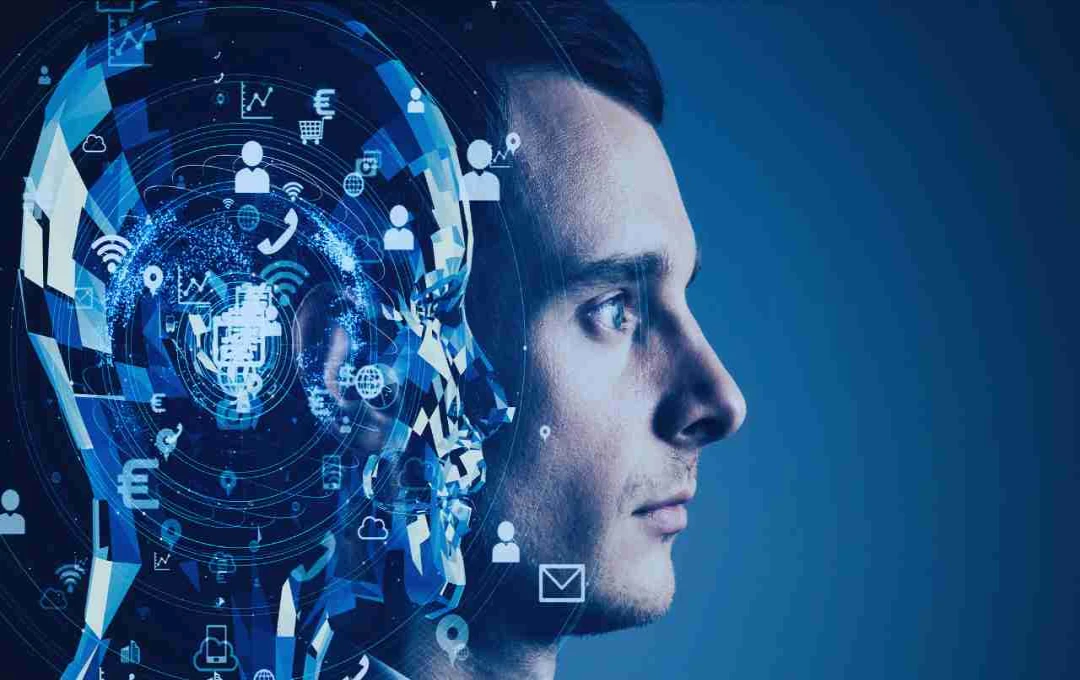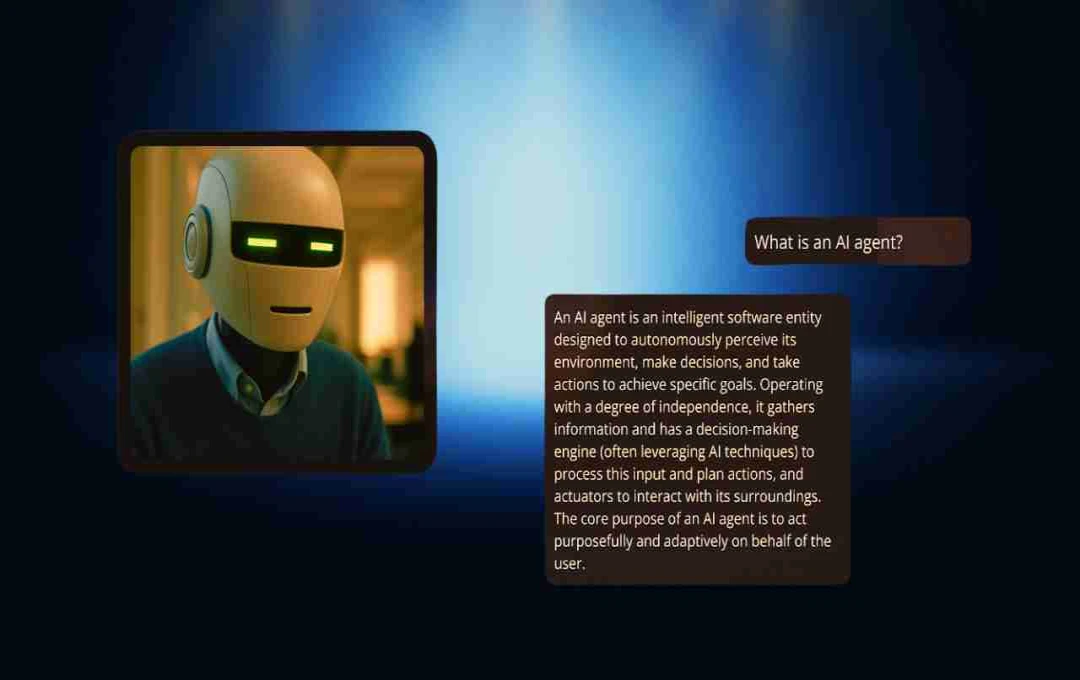Is Artificial Intelligence (AI) stifling human creativity? This question has evolved from a hypothetical concern to a serious apprehension. The rapid proliferation of AI globally has undoubtedly simplified our lives, but researchers are now focusing on its potential side effects. A new study from Microsoft and Carnegie Mellon University reveals surprising findings in this regard.
Increased Convenience from AI, but Decreasing Cognitive Ability
AI tools like ChatGPT and Google Gemini have significantly streamlined various tasks. Whether it's drafting emails or searching for information, people readily turn to AI for assistance. However, a new study suggests that over-reliance on AI could weaken our independent thinking and decision-making capabilities. People tend to accept AI's responses as inherently correct, neglecting critical thinking. This gradually diminishes creativity and mental agility. While AI is beneficial, constant dependence on it can impair our cognitive abilities.
Study of 319 Individuals: Shocking Statistics
This research by Microsoft and Carnegie Mellon involved 319 individuals who use generative AI at least once a week. They were given various tasks, such as drafting emails, editing reports, or creating data charts.
When asked how often they challenged AI-generated responses, it emerged that 64% accepted AI's answers without question. Only 36% reflected on AI suggestions, raised questions, or compared them with their own experience.

Is AI Making Humans Mentally Lethargic?
According to the new research, people have become so accustomed to AI that they refrain from independent thought. Tasks that once demanded mental effort are now instantly resolved using AI. Scientists term this "mental shortcut"—avoiding the effort of thinking. This results in a gradual decline in people's ability to think critically, analyze, and make independent decisions. This shift can also weaken our mental sharpness. Therefore, it's crucial to use AI judiciously, rather than becoming entirely dependent on it.
Mental Lethargy and Decline in Critical Thinking
The increasing reliance on AI has impacted critical thinking. Previously, decisions involved verifying facts and independent thought. Now, people readily accept AI's responses without question. This leads not only to mental lethargy but also increases the likelihood of making incorrect decisions. Therefore, while using AI, it's essential to maintain the habit of independent thinking to strengthen our cognitive abilities and decision-making power.
Technological Advantages Have Their Place, But Balance is Crucial
AI has simplified and expedited our work, improving various sectors like business, education, and healthcare. However, complete dependence on AI can negatively impact our thinking and learning abilities. Creativity and problem-solving skills are not learned from AI; they stem from experience, reflection, and analysis. Losing these skills diminishes our true value, even with AI. Maintaining a balance while using AI is therefore crucial.

What Could Be the Solution?
Abandoning AI entirely is not the solution; balanced usage is key. We should question AI-generated responses, asking, "Is this correct?" or "Can I improve this?" This sustains our thinking process. Furthermore, starting tasks independently before seeking AI assistance is beneficial. For example, begin writing an email or report independently and then use AI for suggestions. This approach helps preserve creativity while leveraging AI effectively.
AI is a powerful tool, but it cannot replace humans. Over-reliance limits our own mental capabilities. The new study reveals that AI, while helpful, can also be dangerous if not used responsibly.














